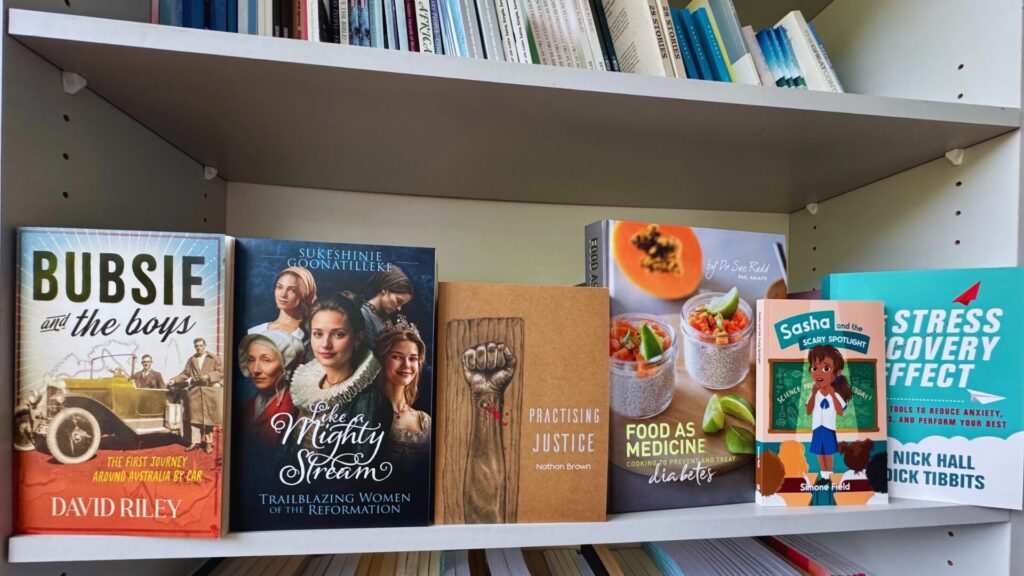Originally from Brazil, Dr Alberto Timm serves as a member of the Biblical Research Institute, based at the General Conference in Silver Spring, Maryland. As the primary writer of last quarter’s Sabbath school lesson study and author of the devotional book for 2023, he talked recently about his work and writing.
Tell us about your role in the church. What does that work involve and what is your particular area of study interest or academic speciality?
My PhD in Religion—from Andrews University—was in the area of Adventist Studies (major) and Systematic Theology (minor), with special emphasis on the development of Seventh-day Adventist doctrines and theology. Having served as rector of the multicampus Latin American Adventist Theological Seminary (2007–2011) and associate director of the Ellen G White Estate (2012–2022), in August, 2022, I became an associate director of the Biblical Research Institute (BRI). I’m specially involved in writing, editing and lecturing in areas related to the Seventh-day Adventist identity.
There are so many different ways to access information today. Do devotional books still matter? Or do they matter all the more?
Our globalised world has bombarded us with too much superfluous information that makes us quite dry. It has become more and more difficult to define and to keep our spiritual priorities. But once in a while we need a spiritual oasis where we can drink from the living water. Those are moments when devotional books play a crucial role.
What prompted you to write this devotional book in the way that you have?
Since there are already many outstanding spiritual books in the market, my intention was not to produce just one more of the same kind. Considering that our generation likes stories, I decided to use historical events and curiosities that took place on the same calendar day of the specific readings as the starting points for some spiritual lessons.
What does history add to our understanding of faith and life?
We are all actors on the global stage of human history. As such, we cannot simple ignore the role played by our forerunners, whether they succeeded or they failed. For example, the history of the Israelites was recorded both as “a memorial” (Exodus 16:14) and “for our admonition” (1 Corinthians 10:11). So, in our spiritual journey, we should always learn from others, imitating the good examples and avoiding the bad ones.
How can we understand and use history better?
From a biblical perspective, we must recognise that history is a complex drama that can be properly understood only within the framework of the great cosmic-historical controversy between good and evil. But our own perspectives are very limited, and we cannot see what is going on behind the scenes. Only God’s Word can help us understand the spiritual struggles involved and people’s most inner motivation. In this task, Ellen White also plays a very crucial role.
What do you hope readers take away after spending a year with your book?
First of all, I hope that readers can realise that, regardless of all human problems, God is leading human history to its climax at Christ’s second coming. But during our journey back home, we can learn valuable lessons not only from the great events that shaped history globally but also from some of the most insignificant incidents of daily life.
Why do books of all kinds still matter to the church?
Culture is an ever-changing reality, and every generation needs to answer, from a biblical perspective, the most crucial existential questions within its respective cultural setting. Good books can make this task much easier for us. After all, we are a community and we need to learn from each other, evaluating properly what they have to say to us orally and also in a written format.
Everyday a New Beginning and other books by Dr Timm are available from Adventist bookshops in Australia and New Zealand, or online.






